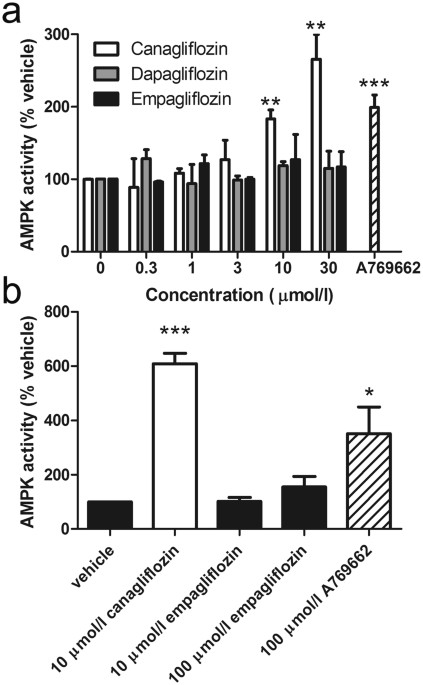Cardiovascular benefits associated with the SGLT2 inhibitor drug canagliflozin appear to be dose-dependent, with benefits in some key clinical endpoints — including mortality — observed only in the higher of the two key doses of 300 mg and 100 mg of the drug, new research shows.
“The benefit of canagliflozin on hard clinical endpoints may be dose-dependent, with the 300 mg dose showing a higher efficacy and a similar safety profile,” said first author Elias Elenjickal, MD, of the Research Institute of the McGill University Heath Centre, in Montreal, Quebec, in presenting the findings at the 62nd European Renal Association Congress 2025.
Cardiovascular and renal benefits of SGLT2 inhibitor drugs are well established, and while dose-dependent effects have been reported in some pharmacokinetic studies, none — with the exception of the EMPA-REG OUTCOME trial (which was of empagliflozin) — have formally evaluated the impact of different doses on hard clinical endpoints, Elenjickal noted.
To investigate whether dose indeed plays a role in those cardiovascular and renal endpoints with canagliflozin, Elenjickal and colleagues conducted a post-hoc analysis of the double-blind Canagliflozin Cardiovascular Assessment Study (CANVAS) study, which was part of the pivotal CANVAS Program.
The CANVAS Program included the CANVAS and CANVAS-Renal studies. The results of the two trials were published together as part of the CANVAS program, not independently.
The CANVAS study included 4330 patients with type 2 diabetes and a high cardiovascular risk, including known cardiovascular disease (CVD) or more than 2 risk factors for CVD.
Those patients were randomized 1:1:1 to treatment with canagliflozin 100 mg, canagliflozin 300 mg, or placebo.
Patients in the study had a median age of 61 years, 66% were male, and baseline characteristics between t

